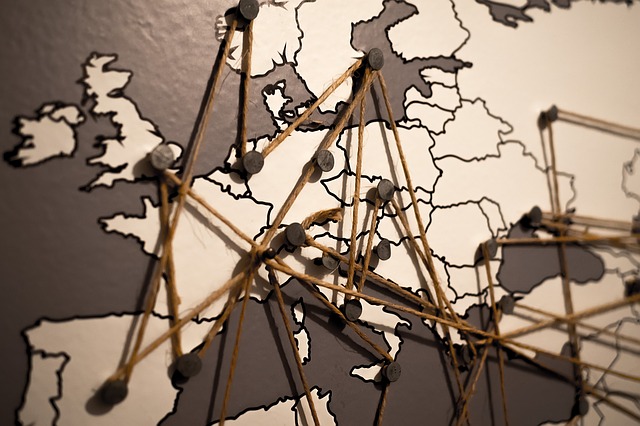Facebook Promotes A Deeper Version Of What It Always Did
Facebook recently introduced the ability to livestream, and this promotes to an even higher degree the breakdown on privacy, but also the increase of interconnectivity. For the uninitiated, how a livestream works is in the name: it is a video, like the kind on YouTube, that is playing live, as in, if you are watching, it is happening right as you are watching, except maybe off by a few seconds.
And this is astonishing technology. Sure, it might not seem that impressive at first glance, but the fact Facebook gives this power to anyone to use, for free, means that connectivity is increasing. And so is the lack of walls.
As a person who recently tried out the function, the thing that becomes apparent is that people are viewing you right then. Which, as I said: is how the system works. But that reality does not sink in until you start. There is no chance to edit later, or fix flubs. The concept of stage fright is inherent the second you know someone is “present”.
And it’s recorded. Permanently existing somewhere, on some server—unless you delete the video (and they might still save the file somewhere: who knows?). Remember that too. The idea of constant monitoring that novels like 1984 raged against, is being willingly used. And the funny thing is that because we get to choose to some degree when technology is observing our lives, we seem to lose a lot of the concerns.
Like all social media, livestreaming promotes placing yourself, all of yourself, out there so you can be more personal with the world. If you felt connected to the people you watch on certain shows before, then just wait until you watch the person live.
Availability Promotes Use, Just Because It’s There
Sure, these videos might remove a little of the magic inherent to life’s mysteries, but knowing someone is somewhere while they are there, is still incredible technology. Yet again: incredible. If you thought video chat letting you bring one person to a vacation with you was cool, if you thought letting one person join you on your errand to somewhere like Nature’s Food Patch was an interesting trick of the new world: well, now you can bring a whole group of people with you.
And, livestreams have changed media in other ways. Livestreaming while playing a game, livestreaming while building crafts, while having a political discussion, playing music, cooking, what have you, garners an audience. Viewing something happening as it is happening, no matter the barriers of space, takes the mundane and stale and makes the experience new and interesting. It’s reality television’s draw on hyper drive.
Livestreaming is effective because humans like being around other humans. And now, one can be with thousands of their fellow man from the comfort of their own home. It’s not quite filming, it’s not quite theater. It’s not even exactly candid camera. It is the direct link between viewer and presenter, between friends/strangers and another’s life.
And this can lead to beautiful things. And things no one has ever conceived of. Yes, some horrible outcomes can, and did, and will, happen: but with how livestreams conceptually link to what we all already promote through our social media use, be we a company or an individual person, it’s not going anywhere, anytime soon.
If you liked this article, you can read more of Brandon Scott’s work on The Hive, or at his website: www.coolerbs.com

